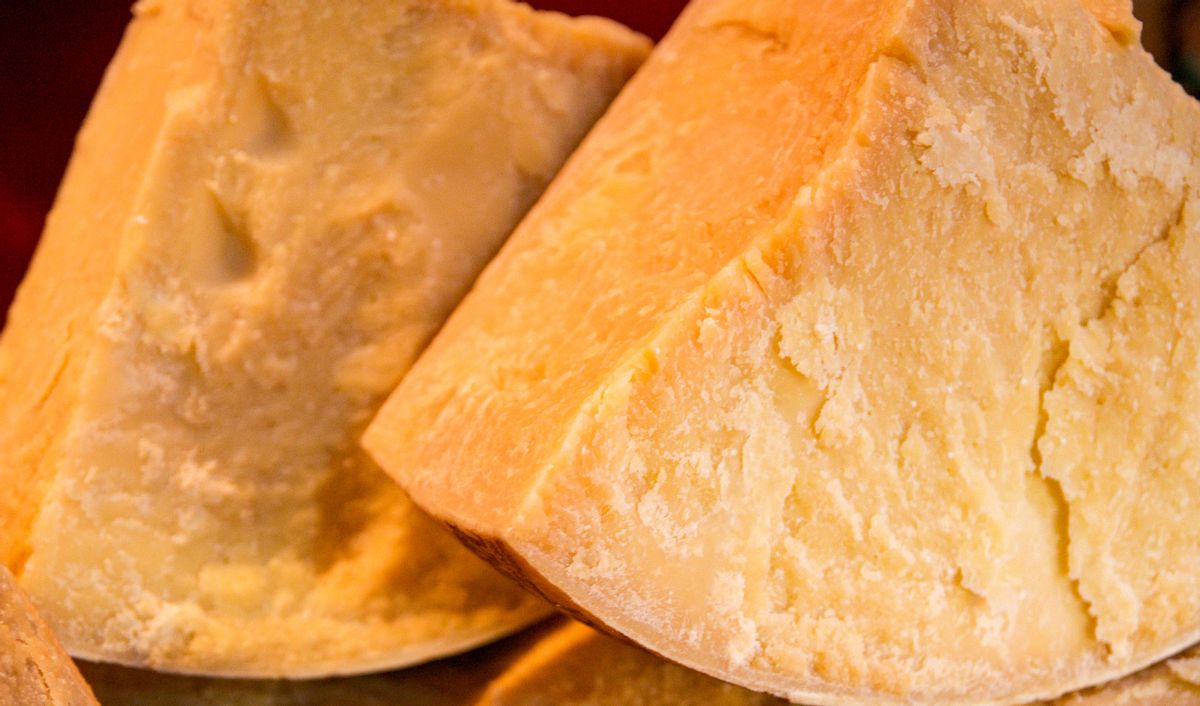Around early January 2023, a number of social media users expressed shock when they found that some brands of Parmesan cheese, the specialty from Italy, contain rennet, an enzyme that is traditionally taken from the stomach lining of calves. News articles confirmed the finding, with some citing the animal welfare organization, People for the Ethical Treatment of Animals (PETA).
This revelation was not new, though. The information has long been available; see this article from The Guardian, and this 2013 post by the NZ Vegetarian Society on Facebook, "...Parmesan cheese is an EU 'protected designation of origin' product and has to be made using calf rennet, so it's definitely not suitable for vegetarians."
The enzyme is used for curdling milk in the cheese-making process.
"Today years old when I found out Parmesan cheese is made from baby cow's stomach & I could go cry, tweeted @dtheebae on Jan. 9, 2023. "I'm just gonna have to go full vegan at this point."
On Facebook too, some users were surprised. "It's made from what?!," asked UNILAD on Jan. 12, 2023. However, shocked reactions were neither new nor recent. "I just found out Parmesan cheese isn't vegetarian and basically my whole life is a lie," wrote BuzzFeed's Delaney Strunk in 2019.
The BuzzFeed reporter found that "apparently to earn the authentic legal title of Parmigiano-Reggiano, the cheese must be created using calf rennet." Parmigiano-Reggiano (or Parmesan, as it is popularly known) "is a Protected Designation of Origin (PDO mark) marked product." Parmesan got that POD status in 1996.
Besides Parmesan, there are other cheeses made using rennet. According to Vegetarian Society, Gorgonzola and Grana Padano use animal rennet. Insider lists more varieties in addition to those two, including Pecorino Romano, Camembert, Vacherin, Emmenthaler, Gruyère, and Manchego.
But hold on.
It's not all gloom and doom for Parmesan lovers. There are vegan alternatives available that do not use any dairy products. PETA has published a list of vegan cheese available in the market.
This was not the first time that claims of how certain types of cheese were made concerned the consumers. In 2016, we fact-checked a claim that several widely-available cheeses are partially made from wood.


